Starting with a sprint on Friday from 15:00 CET on live TV – and continuing with a sprint relay on Saturday and a knock-out sprint on Sunday – the world’s best orienteers will gather in Uster, Switzerland to compete for the final time on the international scene this season for the 2025 World Cup Finals.
Most top athletes plan to be on the start line – a total of 224 athletes from 32 nations. Notably absent among the top sprinters are Emil Svensk (2nd in the Sprint World Ranking), Tove Alexandersson (shared 1st in the Sprint World Ranking – not focusing on Sprint this year), Sara Hagström (6th) and Megan Mitchell (7th).
This year’s World Cup final is organized from Friday September 26th until Sunday September 28th. With three races to go, the battle for the overall World Cup is still open in both the men’s and women’s classes, although Max Peter Bejmer (Sweden) and Simona Aebersold (Switzerland) have relatively large leads. Read more about the overall World Cup standings at the bottom of this article.
The races will be broadcast live on national TV-stations in Switzerland, Sweden, Finland, and races can also be followed on IOF TV (9/25 EUR for one/all races) with English commentary by Katherine Bett and Jonas Merz. Norwegian customers can watch on langrenn.com. There will also be available free live GPS-tracking and live results, as always. See more details on how to follow the races in the “Links & Live” section below.
Program
Friday, September 26th: Sprint
- Men’s First Start: 13:15 (approx.)
- Women’s First Start: 13:30 (approx.)
- 14:50 First start top 40 Men
- 15:00 IOF Web-TV start – similar start time for other TV broadcasts
- 16:00 First start top 40 Women
- 17:30 IOF Web TV end
Saturday, September 27th: Sprint Relay
- 17:00 IOF Web-TV start – similar start time for other TV broadcasts
- 17:15 Start
- 18:15 First team to finish
- 18:30 IOF web-TV end
Sunday, September 28th: Knock-Out Sprint
- 11:00 First start Women quarterfinal
- 11:30 Frist start Men quarterfinal
- 13:00 IOF Web-TV start – similar start time for other TV broadcasts
- 13:10 First start Women semifinal
- 13:50 First start Men semifinal
- 14:25 Final Women
- 14:40 Final Men
- 15:00 IOF Web-TV end
All times are CET (UTC+1)
Links & Live
- IOF Live page for World Cup final 2025 – here you will find links to webTV-broadcast, GPS-tracking and live results
- Bulletin 4 – detailed information
- IOF Eventor webpage for the event
- World Cup 2025 web-page
- World of O results archive which includes both World Cup, EOC and WOC
Race details
Whereabouts
The World Cup Final 2025 is organized in Uster, Switzerland, located about 20km east of Zurich. The arena is situated at Arena Pünt. All three competitions take place in the same urban area with varying courses.
Terrain
The terrain description is the same for all three races:
Land forms: Urban terrain with smaller and bigger buildings and park areas. Mostly flat to moderate climbs.
Traffic: Traffic is reduced in most parts of the terrain, but there can be cars, bicycles and pedestrians passing through the terrain. Take care and follow the instructions of officials.
Runnability: 80% hard surface and 20% grass for the Sprint. 60% hard surface and 40% grass for the Sprint Relay. 90% hard surface and 10% grass for the Knock-Out Sprint.
Surface: Fast sprint terrain in urban environment.
See the old map from the area below.
Indivdual Sprint race details
Sprint distance with starting order determined by Sprint World Ranking as of September 24, 2025.
Course planner: Rachel Marxer
Women: 3.6km, 16m climb, 20 controls, 14 minutes expected winning time
Men: 4.1km, 20m climb, 21 controls, 14 minutes expected winning time
Sprint Relay race details
Sprint relay, mass start. 4 legs (Women-Men-Men-Women). A federation may enter up to 4 teams consisting of 4 competitors (at least 2 women).
Course planner: Nico Brechbühl
Leg 1 and 4 (Women): 3.8km, 16m climb, 17 controls, 15 minutes expected time
Leg 2 and 3 (Men): 4.4km, 20m climb, 21 controls, 15 minutes expected time
Knock-Out Sprint race details
The best 36 in each class from Friday’s sprint will qualify for the KO-finals. The elimination rounds consist of 6 quarter finals, 3 semi-finals and 1 final per class with 6 runners in each heat.
Course planner: Silvan Ullmann
Quarter final: 1.9km, 40m climb, 13 controls, 7’00 (Men), 7’50 (Women) expected time
Semi-final: 2.0km, 10m climb, 14 controls, 6’50 (Men), 7’30 (Women) expected time
Final: 2.0km, 10m climb, 13 controls, 7’00 (Men), 7’50 (Women) expected time
World Cup standings
The individual World Cup consists of nine competitions across three rounds. With two individual races to go, there are still 200 points to battle for – and all points won will count towards the overall standings.
Men
In the men’s World Cup, forest specialist Max Peter Bejmer (SWE) is leading with 250 points after his two excellent forest races in Idre Fjäll – including one victory at the Middle. Defending champion Kasper Fosser (NOR) is second with 210 points after his silver medal at EOC. Martin Regborn (SWE) is third with 202 points. The competition is tight for the next spots. Tomáš Křivda (CZE) has 183 points, while European sprint champion Mathias Barros Vallet (FRA) jumped to fifth place with 158 points after his breakthrough at EOC. Fabian Aebersold (SUI) is sixth with 153 points. With 200 Sprint points to battle for, the men’s class is quite open this year.
Women
In the women’s World Cup rankings, defending champion Simona Aebersold (SUI) has the lead with a strong chance to defend her title. She has collected 330 points after a 3rd and 5th place at the European Championships in Belgium. Her closest competitor, European knock-out sprint champion Cécile Calandry (FRA), has 258 points. European sprint champion Pia Young Vik (NOR), who also took silver in the KO sprint, is third with 242 points. Natalia Gemperle (SUI) is fourth with 237 points, followed by Inka Nurminen (FIN) and Tove Alexandersson (SWE). Note that Tove Alexandersson is not focusing on Sprint this year, and is therefore not starting in the World Cup final.
Team World Cup
The Team World Cup is led by Sweden ahead of Norway and Switzerland. The team standings are calculated from the sum of all scores from both relay and individual competitions.
Top starters – sorted by World Ranking position
Men
| WRE pos sprint |
WRE pos | Name | Country | WRE ID |
| 1 | 4 | Martin Regborn | 15387 | |
| 3 | 76 | Jonatan Gustafsson | 40367 | |
| 4 | 1 | Kasper Harlem Fosser | 23855 | |
| 5 | 51 | Tuomas Heikkila | 23025 | |
| 6 | 145 | Yannick Michiels | 13592 | |
| 7 | 19 | Tomas Krivda | 28597 | |
| 8 | 38 | Riccardo Rancan | 18900 | |
| 9 | 1207 | Ralph Street | 16782 | |
| 10 | 37 | Tim Robertson | 15525 | |
| 11 | 23 | Joey Hadorn | 23033 | |
| 12 | 39 | Tino Polsini | 28365 | |
| 13 | 525 | Mathias Barros Vallet | 37269 | |
| 15 | 73 | Timo Suter | 23936 | |
| 16 | 12 | Daniel Hubmann | 10849 | |
| 17 | 32 | Teemu Oksanen | 28425 | |
| 18 | 114 | Alvaro Casado | 28538 | |
| 18 | 50 | Francesco Mariani | 37592 | |
| 20 | 30 | Jorgen Baklid | 23859 | |
| 21 | 71 | Loic Capbern | 8188 | |
| 22 | 18 | Akseli Ruohola | 24217 | |
| 25 | 10 | Fabian Aebersold | 32449 | |
| 26 | 68 | Isac von Krusenstierna | 25180 | |
| 27 | 955 | Guilhem Verove | 37270 | |
| 28 | 222 | Jakub Glonek | 24672 | |
| 28 | 388 | Nathan Lawson | 12543 | |
| 30 | 7 | Eirik Langedal Breivik | 32770 | |
| 31 | 43 | Ferenc Jonas | 34068 | |
| 32 | 154 | August Mollen | 40563 | |
| 34 | 960 | Adrien Delenne | 19918 | |
| 35 | 181 | Henry McNulty | 13483 | |
| 36 | 5 | Matthias Kyburz | 12305 | |
| 37 | 62 | Jonas Hubacek | 20162 | |
| 41 | 8 | Max Peter Bejmer | 7466 |
Women
| WRE pos sprint |
WRE pos | Name | Country | WRE ID |
| 1 | 2 | Simona Aebersold | 23032 | |
| 3 | 4 | Natalia Gemperle | 6259 | |
| 4 | 13 | Aleksandra Hornik | 19685 | |
| 5 | 6 | Hanna Lundberg | 37614 | |
| 8 | 25 | Victoria Haestad Bjornstad | 23852 | |
| 9 | 7 | Venla Harju | 4150 | |
| 10 | 43 | Eef van Dongen | 40634 | |
| 11 | 12 | Cecile Calandry | 33897 | |
| 12 | 14 | Tereza Rauturier | 28127 | |
| 15 | 3 | Andrine Benjaminsen | 396 | |
| 16 | 57 | Rita Maramarosi | 42228 | |
| 17 | 56 | Ida Agervig Kristiansson | 40702 | |
| 18 | 28 | Maija Sianoja | 5370 | |
| 19 | 20 | Pia Young Vik | 40246 | |
| 20 | 33 | Alva Sonesson | 33965 | |
| 21 | 616 | Eline Gemperle | 33988 | |
| 21 | 77 | Ana Isabel Toledo | 33644 | |
| 23 | 523 | Maelle Beauvir | 20207 | |
| 24 | 24 | Grace Molloy | 27559 | |
| 25 | 46 | Inka Nurminen | 24183 | |
| 28 | 22 | Ane Dyrkorn | 26755 | |
| 30 | 496 | Emma Bjessmo | 22886 | |
| 37 | 1455 | Josefine Lind | 3454 | |
| 38 | 568 | Nerea Gonzalez | 33642 | |
| 39 | 51 | Hanne Hilo | 33726 | |
| 40 | 750 | Deborah Stadler | 25987 |
 World of O News
World of O News
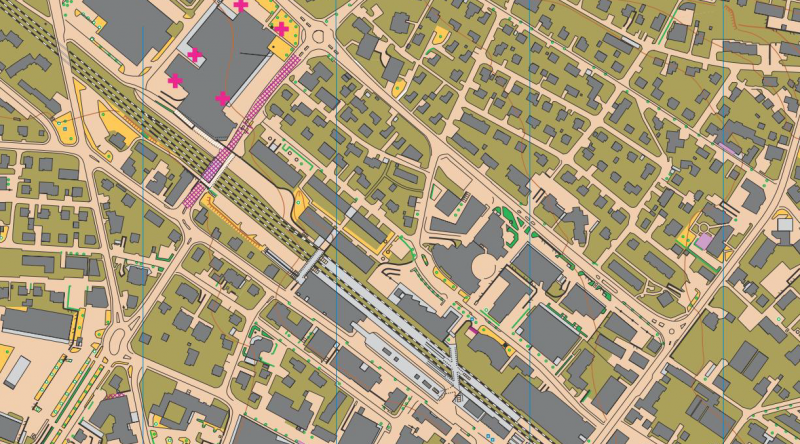
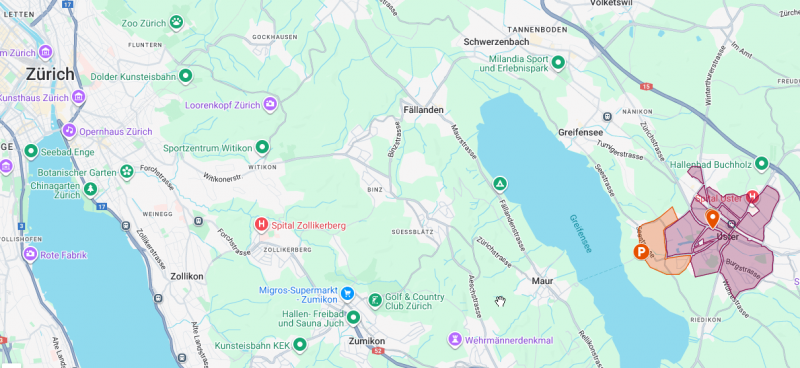
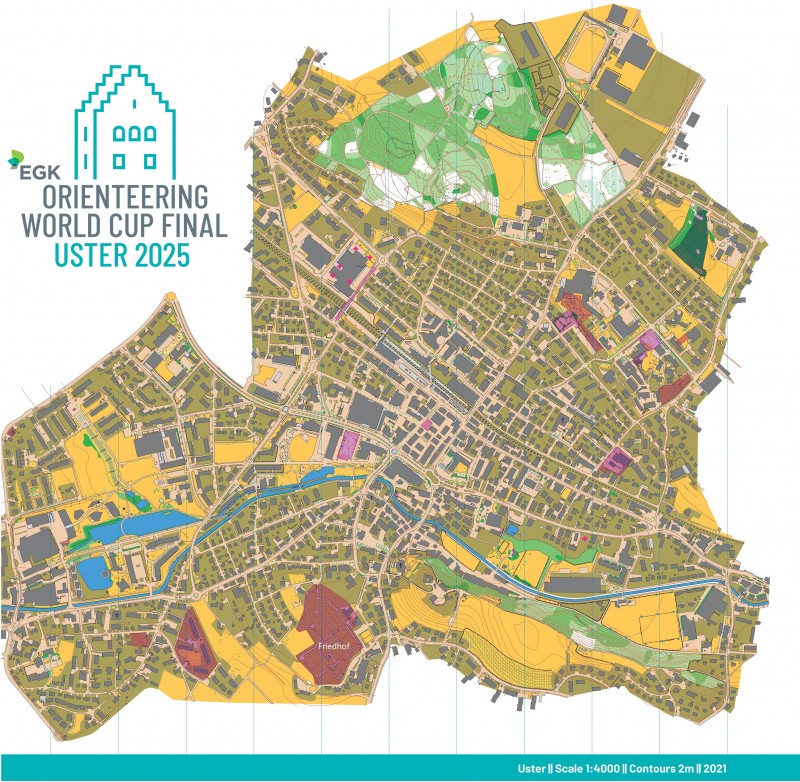
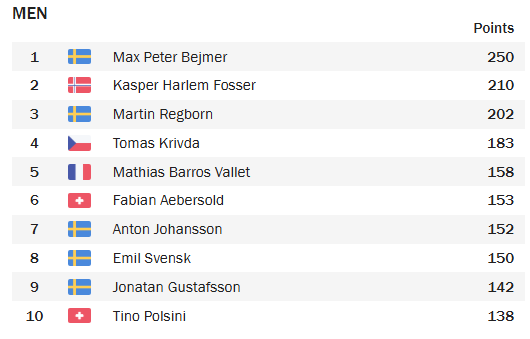
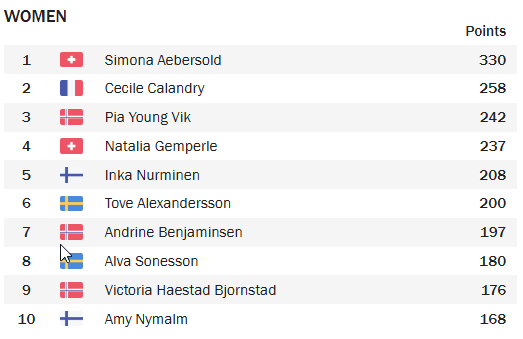
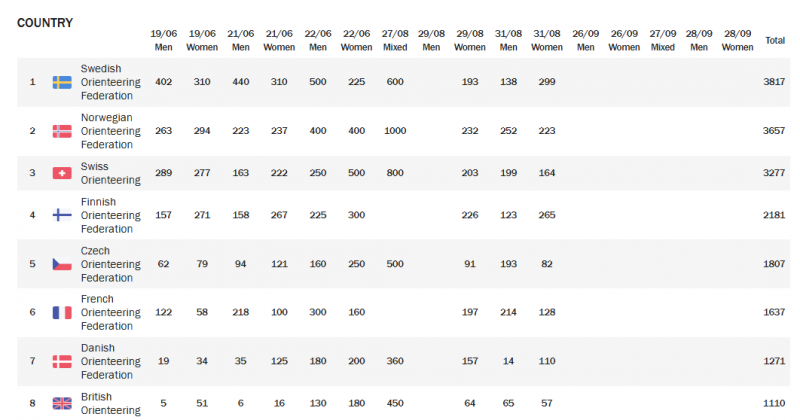
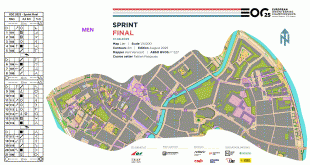
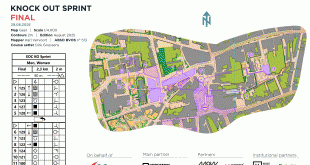
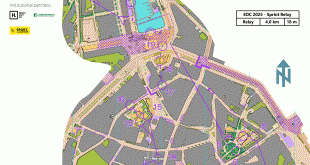
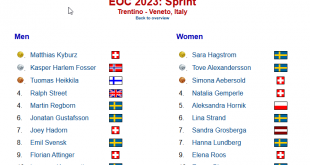
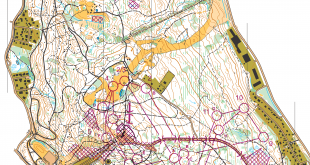
This is, of course, just my personal opinion, but World Cup competitions used to be far more interesting and exciting. Now, with the focus shifting mainly to sprint events, they have simply become boring. In its attempt to make orienteering an Olympic sport by emphasizing urban sprints, the IOF is ruining the sport we love!
Thank you Jan!